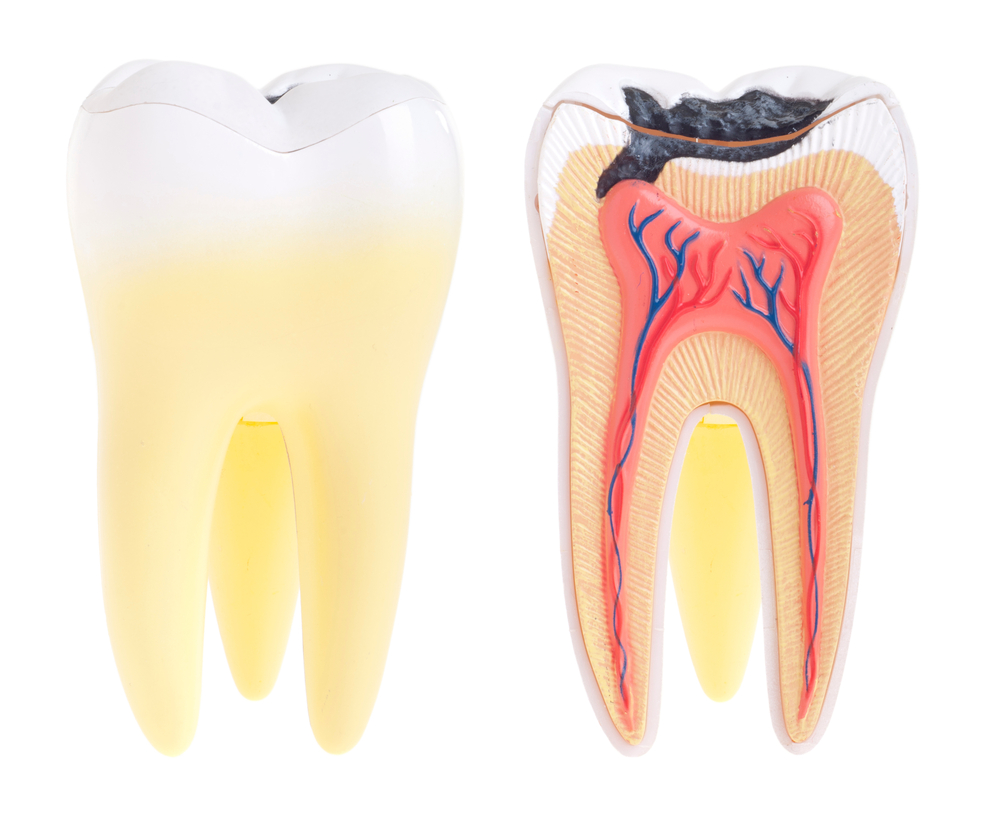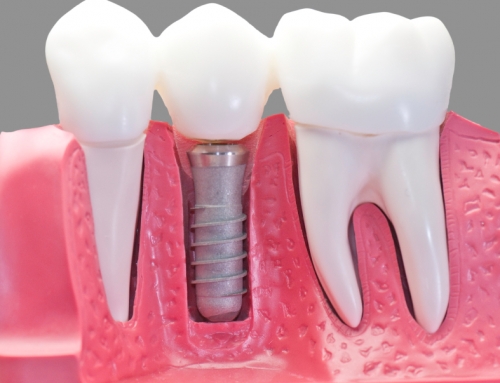Endodontics (Root Canal Therapy)

Oftentimes, we come across patients who have very strong apprehensions to endodontics, or root canal therapy. Root canal therapy can have a bad connotation. However, endodontics is a very straightforward procedure designed to repair a tooth that would otherwise be certainly lost.
If needed, it is very important for patients to receive root canal therapy; the chance of an infected tooth pulp healing on its own is very small if your only line of defense is taking oral antibiotics. If left untreated, the tissue surrounding the tooth can also get infected and an abscess may form.
When should patients consider having root canal therapy?
The main objective of endodontics is to save the tooth, through the removal of the infected tooth pulp. Patients who have severe pulp infection, and those who suffer from severe tooth structure damage should consider this procedure.
Patients who suffer from severe and intolerable pain when they chew should come in to check if they require root canal. Patients should also have their teeth checked when they notice any tooth discoloration, tooth sensitivity, heat and cold intolerance, and gum swelling or tenderness. If detected early and proper treatment is received, patients have a good chance of having their tooth saved.
What is a root canal procedure like?
Root canal therapy requires 2 or more visits before it is completed. A dental x-ray will be required for the initial evaluation of the extent of the tooth infection so that a treatment plan can be mapped out for you. Using a local anesthesia, the area will be numbed prior to the procedure. Your dentist will clean the full length of the inside of the tooth by using root canal files. Once all traces of pulp and nerves have been cleared, the tooth will be sealed and the structure will be restored to its normal appearance.





